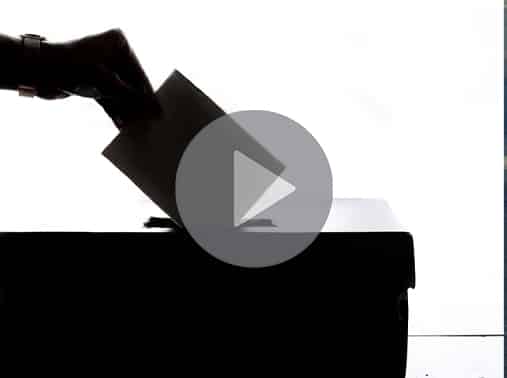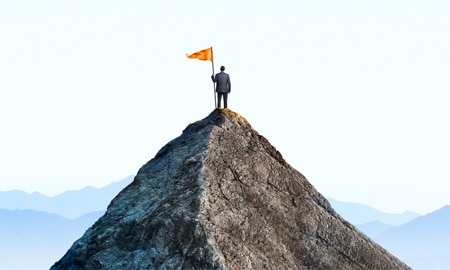In a striking parallel, this week’s Torah portion mentions hamas — not once, but twice. The world, it says, was filled with hamas: crime, robbery, violence.
And here we are today, thousands of years later, we are painfully reminded that Hamas has not disappeared — it floods Gaza, it haunts our world, and it lingers, unresolved, two years after October 7th.
What can we learn from the events of four millennia ago, when human corruption brought the great flood? What lessons does that ancient tragedy hold for our lives today? How do we respond, not just in relief or outrage, but in building something permanent, sustainable, and just? How do we protect ourselves from the raging floodwaters?
Yes, we celebrate the release of the remaining hostages — a moment of relief, a glimmer of hope. Yet the deeper challenge remains: how do we confront this Hamas that doesn’t seem to go away? How do we move beyond temporary solutions, beyond quick fixes and reactive measures, to create structures of justice, peace, and moral integrity that can endure in a lasting and transformative way?
This is not a question for politicians alone, nor for armies, but for each of us. Every one of us may experience a “flood” that deluges us. This may take the shape of internal anxiety or fear, or hostile and corrupt forces around us — concerns that can overwhelm us. Every act of courage, every effort to build character, every small step toward compassion and righteousness, becomes part of the ark we build that can weather the flood.
The flood can be relentless, but so too can be our resolve. It begins with us — building strength, building hope, building an ark that no flood can wash away.
Please join Rabbi Simon Jacobson for this timely and urgent conversation because as life has taught us, we all will face challenges that can flood our lives. The question is: will you be ready? How do we build an “ark” to insulate us from these floods?






